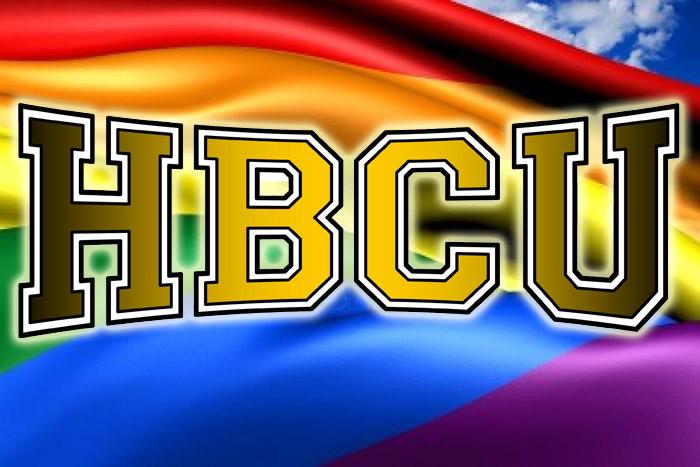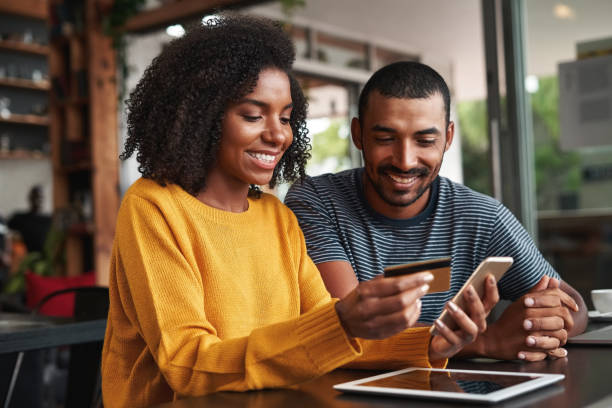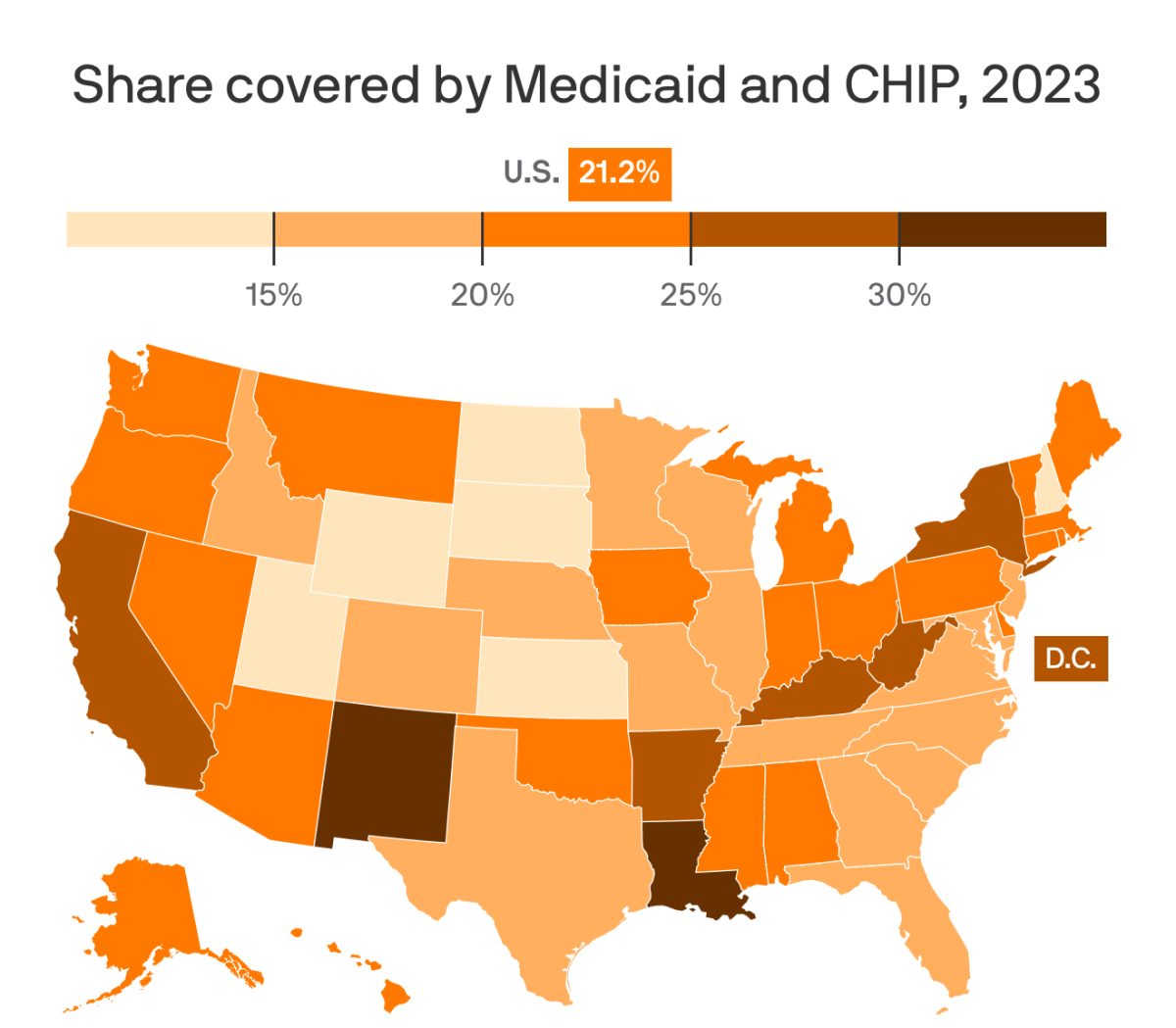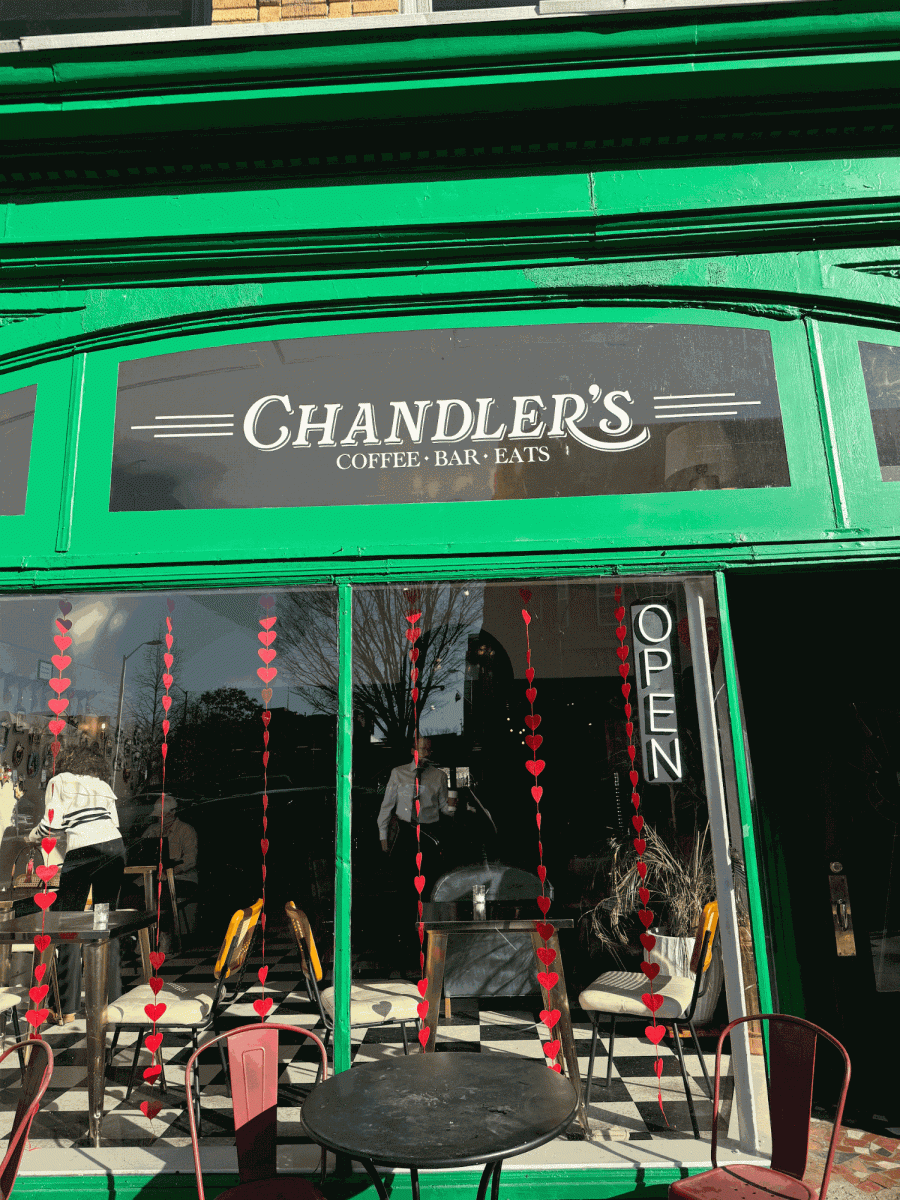By Janay Boone
Managing Editor
For many who choose to attend an HBCU, the decision is about more than just academics.
Since the first HBCUs opened their doors, they have offered black students an opportunity to pursue advanced studies in a space that is welcoming and inclusive.
However, in recent years, as the movement for gay and transgender civil rights has gained traction, HBCUs have shown themselves to be relatively conservative in regard to lesbian, gay, bisexual and transgender issues.
While many majority-white colleges and universities have embraced the call for LGBT inclusion, HBCUs have been notably slow to extend their hearts to their LGBT students.
No longer relegated to the realms of innuendo and secrecy, we now see lesbians, gays, bisexuals, and transgender people represented on television and in mainstream films. Homosexuals see their reflections on-screen in a largely positive light: stable, employed, charming, attractive, well-liked, and successful – and yet, there remains many challenges.
Currently, out of the 106 HBCUs, only 21 percent have active LGBT-specific organizations. Only three HBCUs have gender identity/expression in their nondiscrimination statements. All students struggle with coming-of-age issues around identity, sexuality and other personal development. Black LGBT students are often coping with homophobia, stigmatization and discrimination based on their sexual orientation and/or gender identity. This can impact mental health, which is another disease that affects the black community.
Many East Coast HBCUs have even put policies in place to ban organizations for LGBT students. Hampton University in Virginia rejected various attempts by students to form a support group for gay youth in the early and mid-2000s. Morehouse College made headlines in 2009 for its strict dress code, which did not allow men to wear clothing that’s typically associated with women’s clothing. The National Black Justice Coalition, an LGBT civil rights organization, asked the federal government to investigate the 2011 death of Florida A&M University student Robert Champion Jr. as a possible anti-gay hate crime after Champion’s death was said to be the result of hazing.
Aliyah Benton, a senior Journalism and Mass Communication student, is a believer that the LGBT community should be more accepted on HBCU campuses.
“Being a lesbian on an HBCU campus is like being in a minority of a minority. It’s one thing to be black, but to be lesbian and black makes me stand out more. Just like African Americans get discriminated against by other races, the LGBT community gets discriminated against within the black community,” she said. Benton is an LGBT activist in Greensboro.
Since before most people in the black community could talk, they were raised in the church. Whether you grew up Baptist, Pentecostal or Episcopal, they were all taught to abide by the same practices. The black community has vested considerable trust in black pastors to be our moral compass. However, even as the country has made notable progress on LGBT issues, too many black pastors have been leading their members astray, and using the Bible to justify their choices. They have used the sacred text to disorient and scare an entire community into believing that same-gender-loving people are sinners.
Lesbian, gay, bisexual, transgender and queer people have been, are, and will continue to be an undeniable part of the community. HBCUs should embrace a paradigm that will ultimately change the black church too. These campuses should follow Morgan State’s example and create environments that are safe, respectful, inviting, supportive, and accessible in the language they use, the leaders they choose, resources they distribute, and the honors and recognition they bestow. HBCU campuses must be healthy and literate with safe spaces for all genders and orientations. It is an eccentric aspect of their legacies as pioneers of the advancement of black people in this country.







